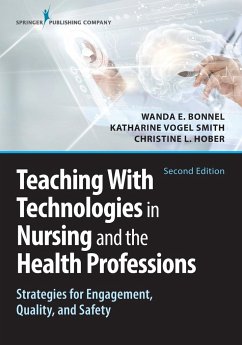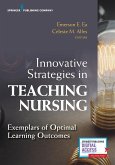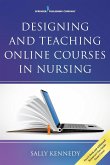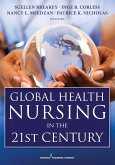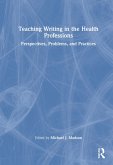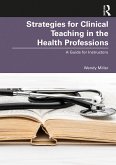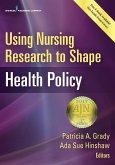Praise for the First Edition: "This is an excellent resource, highly recommended for new and seasoned educators at every level." --Nursing Education Perspectives Written for new and aspiring nursing faculty, this unique book delivers broad teaching principles alongside strategies for selecting the best technology. New generations of students are increasingly familiar with technology, and require educators who can add to their skills and shape them with a specific health care focus. Faculty have a responsibility to help their students prepare for the workforce, one that increasingly relies on high technology to operate. The teaching principles discussed in this text illuminate the changing technologies used in education and practice, and provide strategies for selecting the best technology to obtain a specific learning objectives, assignments, and outcomes. Teaching with Technologies in Nursing and the Health Professions, Second Edition has been substantially revised to reflect changes within our health care system and includes two completely new chapters. Founded upon the Integrated Learning Triangle for Teaching with Technologies, a central organizing tool for lesson planning and decision-making, concepts throughout the text link to key quality and safety issues, population and public health exigencies, and systems approaches to care. Each chapter contains case examples, self-assessment tools, quick teaching tips, evidence-based review abstracts, Q&As answered by noted practice experts, and online resources for further learning. New to the Second Edition:New Chapter: Discusses the technology leader's role in mentoring, promoting curriculum changes, and partnering with colleagues in diverse contexts, including staff development New Chapter: Addresses engaging patient and population needs in health promotion and using in-home technologies such as telehealth Increased focus on Quality and Safety Education in Nursing (QSEN) competencies Addresses students' needs in the Nurse Educator MSN course Instructor's Guide and PowerPoint slides Key Features:Provides strategies for teaching both with technology and about technology Uses the Integrated Learning Triangle to guide decision-making Discusses applications specific to online, classroom, and clinical teaching technologies Includes teaching and leadership tips Aligned with AACN's Essentials of Master's Education in Nursing
Hinweis: Dieser Artikel kann nur an eine deutsche Lieferadresse ausgeliefert werden.
Hinweis: Dieser Artikel kann nur an eine deutsche Lieferadresse ausgeliefert werden.

